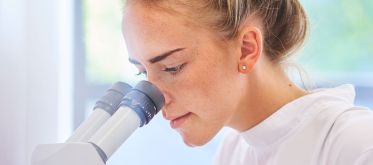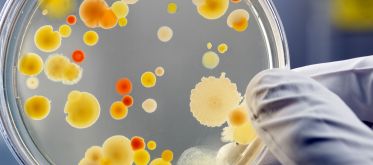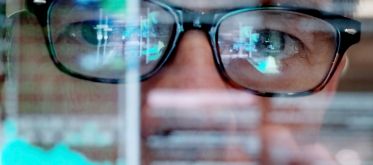Portal Our Laboratories
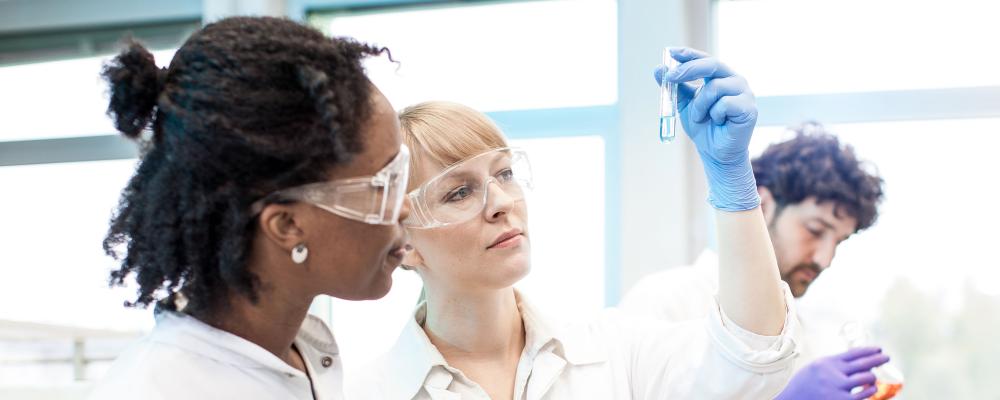
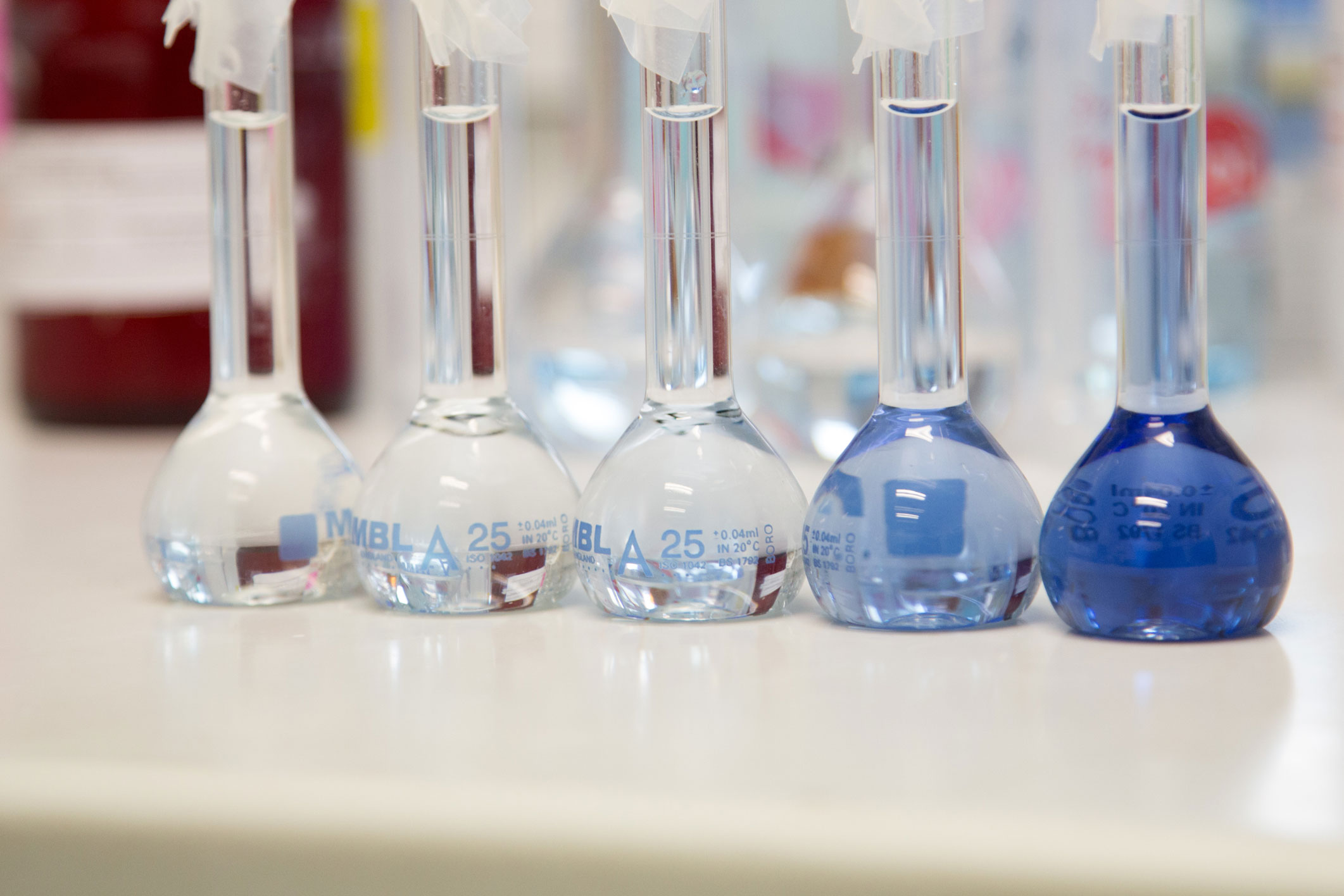
Nancy Laboratory for Hydrology
Laboratory Director: Sophie Lardy-Fontan
Deputy Director: Christophe Rosin
Address: 40, rue Lionnois 54000 Nancy
Email: hydrologie.nancy@anses.fr
Number of employees: 25, spread across two units
The Nancy Laboratory for Hydrology contributes to improving the health quality of water intended for human consumption, natural mineral waters and recreational waters across the national territory. It also monitors SARS-CoV-2 (responsible for Covid-19) in wastewater and sludge from sewage treatment plants in order to indirectly monitor the progression of the virus and its variants in the population.
It provides scientific and technical support to the Directorate General for Health (DGS) and promotes the production of reliable and robust data by approved laboratories. Finally, it contributes to the identification and characterization of new water-related risks, as well as to improving knowledge on the origins and behavior of new contaminants and pathogens.
The laboratory's missions
The laboratory works on water quality in all its uses. In its area of intervention, it participates in carrying out the Agency's reference, research, monitoring, epidemiology and scientific and technical expertise missions.
- reference laboratory: the Nancy Laboratory for Hydrology is the National Reference Laboratory for drinking water, natural mineral water and recreational water, as well as for SARS-CoV-2 in wastewater and sewage sludge;
- laboratory approvals to conduct sampling and analyses for water quality monitoring purposes: It examines and evaluates requests for approval from laboratories for carrying out samples and analyzes of water health control for physico-chemical and microbiological parameters which are issued by the Agency. Find out more about the request for laboratory approval to carry out water health control samples and analyzes
- studies and research: the laboratory also promotes a programme of studies and research on the entire water cycle, from the quality of raw water, used for drinking water production, to the consumer's tap, including bottled water and recreational water, as well as waste matrices (wastewater, wastewater treatment plant sludge) while also integrating the issues of climate change.
To know more about the Laboratory
>> See the leaflet (PDF)
Latest laboratory news
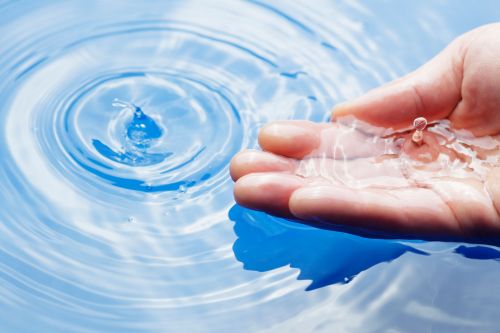
Approval of water analysis laboratories: a joint ANSES/OFB portal
On 25 March 2024, ANSES and the French Biodiversity Agency (OFB) inaugurated a joint portal to provide access to both of their information systems dedicated to applications for the approval of water analysis laboratories. The OFB handles environmental approvals and ANSES handles water quality monitoring approvals.
The laboratory’s units
Water Chemistry Unit
Head of Unit: Christophe Rosin
The Water Chemistry Unit is involved in various scientific research and reference activities in connection with emerging chemicals of interest (drug residues, perfluorinated compounds, hexavalent chromium, etc.).
Most of these are not regulated and do not have a set quality limit, which is why they are not screened for as part of the quality monitoring of drinking water. To determine contamination levels for these substances and understand how they behave in drinking water and water resources, the unit takes part in studies and regularly organises national campaigns. This work enables new analytical methods to be developed and provides prevalence data, for assessing human exposure to these substances via water for consumption.
The unit also provides scientific and technical support on behalf of the Directorate General for Health. It carries out missions as the National Reference Laboratory for drinking water, natural mineral water and recreational water. Lastly, it promotes a study and research programme on the origin, transfer and transformation of emerging substances in water.
Water Microbiology Unit
Head of Unit: Benoit Gassilloud
The Water Microbiology Unit is involved in scientific and reference activities related to the safety of drinking water, bottled water and recreational water. These fall within the scope of ANSES's strategic priorities in the areas of food safety, epidemiology and surveillance.
The unit’s activities aim to understand and characterise contamination by pathogenicity class 2 or 3 micro-organisms in water resources and water intended for the various uses listed above. To do this, the unit develops and assesses techniques for detecting substances in water, in order to carry out prevalence studies and studies aiming to understand the behaviour of these micro-organisms.
Acquiring knowledge in these areas helps improve the health control of microbiological contamination in water, the descriptive epidemiology of waterborne illness outbreaks, detection capacities, knowledge on the prevalence of these pathogens, and decision-making by the health authorities in conjunction with risk managers.
Partners
Regional partners
- Rhin-Meuse water agency
- University of Lorraine
- University of Strasbourg
- Métropole du Grand Nancy
- Zone atelier Moselle
- Aprona
- Aquanova
National partners
- Directorate General for Health (DGS)
- Regional health agencies (ARS)
- Water and Biodiversity Department (Ministry responsible for ecology)
- AQUAREF
- French Biodiversity Agency (OFB)
- National reference centers for the pathogens studied
- Santé publique France (SpF)
- French geological survey (BRGM)
- LNE (Laboratoire national de Métrologie et d’essais)
- French School of Public Health (EHESP) - LERES
- Analytical Sciences Institute (ISA)
- National Research Institute for Agriculture, Food and the Environment (Inrae)
- Institute of Molecular and Cellular Pharmacology (IPMC)
- Organisers of inter-laboratory comparisons (AGLAE / BIPEA)
- AFNOR
- COFRAC
- University of Clermont-Auvergne
- University of Aix-Marseille
- University of Poitiers
European and international partners
- Joint Research Center Ispra
- University of Cantabria (Espagne)
- University of Laval (Canada)
- University of Victoria (Canada)
- University of Stockholm (Sweden)
- IDAEA-CSIC Barcelona (Spain)
- National Institute for Public Health and the Environment (RIVM)
- Institut national de la recherche scientifique (INRS)
- European sub-Microbiology Expert Group (EMEG)
- World Health Organization (WHO)
